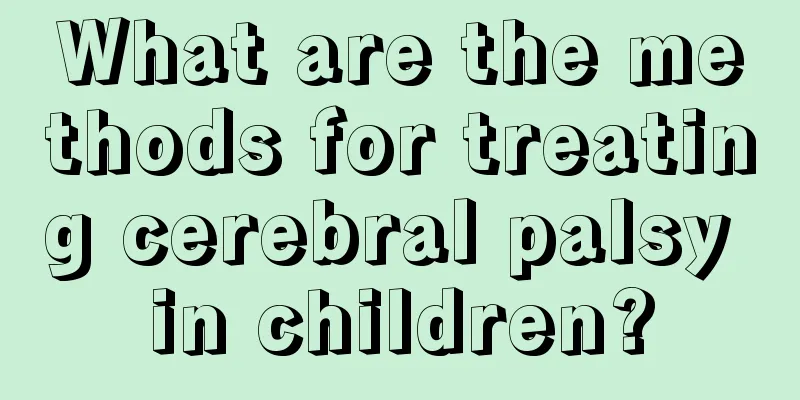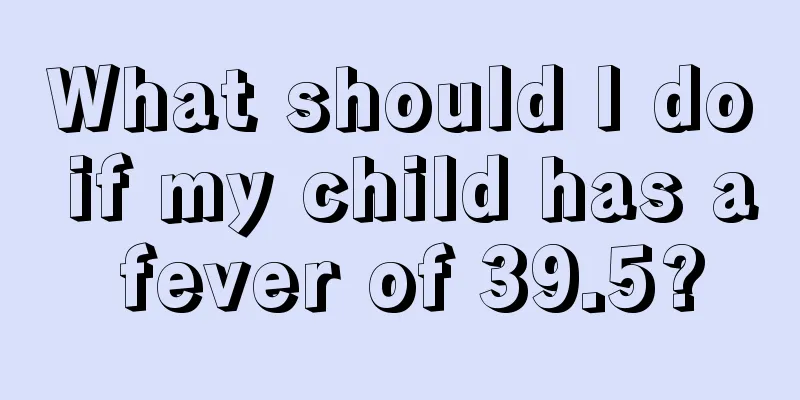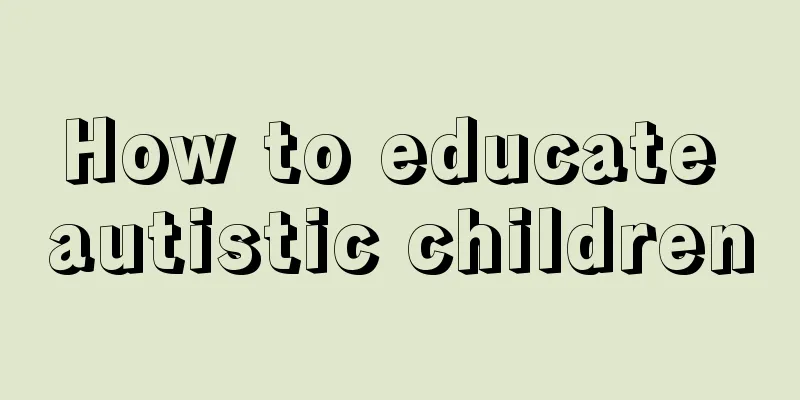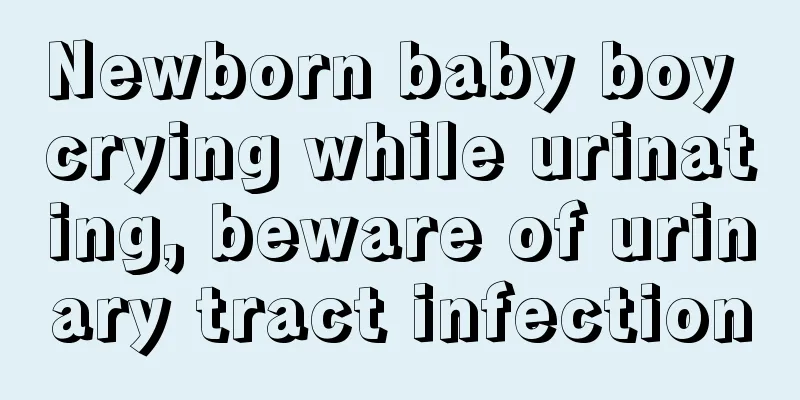There are 6 ways to diagnose polio

|
What are the diagnostic methods for polio? This has always been the topic of greatest concern to mothers, because they are very afraid that some of their baby’s symptoms may be symptoms of polio, and that they may not be discovered in time and miss the best time for treatment. In fact, in life, there are 6 methods for diagnosing polio. (I) Infectious polyradiculitis or Guillain-Barre's syndrome is more common in older children. It starts sporadically with no fever or low fever, accompanied by mild upper respiratory tract inflammation symptoms, and gradually develops flaccid paralysis that is ascending and symmetrical, often accompanied by sensory impairment. The cerebrospinal fluid is characterized by increased protein and fewer cells. Paralysis recovery is quick and complete with few sequelae. (ii) Familial periodic paralysis is less common, with a fever, sudden onset of paralysis, symmetry, and rapid progression that can spread throughout the body. During an attack, blood potassium is low and recovers quickly after potassium supplementation, but it may recur. There is often a family history. (3) Peripheral neuritis can be caused by post-diphtheria neuritis, muscle injection injury, lead poisoning, vitamin B1 deficiency, herpes zoster infection, etc. Medical history and physical examination can be used for differentiation, and there is no change in cerebrospinal fluid. (IV) Other viral infections that cause mild paralysis, such as coxsackievirus and echovirus infections, are difficult to differentiate clinically. Typical symptoms such as chest pain and rash can help with differentiation. Diagnosis depends on virus isolation and serological testing. (V) Epidemic encephalitis B should be differentiated from the cerebral type of this disease. Japanese encephalitis often occurs in summer and autumn, with an acute onset and is often accompanied by mental disorders. The predominant feature of the disease was neutrophilia in both peripheral blood and cerebrospinal fluid. (6) Infants and young children with pseudoparalysis may have limited limb movement due to injury, fracture, arthritis, subperiosteal hematoma due to vitamin C deficiency, and should be carefully examined and identified. Through the above introduction to the knowledge of polio, I believe everyone should have some understanding and mastery. Polio generally does not affect the child's intelligence, thinking, or sensory system, nor does it worsen. If treated promptly, polio is curable. Early detection and early treatment are important. The earlier the treatment, the better the effect. I wish you a speedy recovery! |
<<: There are 5 ways to prevent polio
Recommend
How to supplement zinc deficiency in babies?
My baby is 3 years old and goes to kindergarten. ...
The child's knees make a clicking sound when they bend
The physical health of children is very important...
What to do if a one-year-old child is calcium deficient
Calcium is an important nutrient for the human bo...
What should I do if my child walks on tiptoes?
Sometimes we will notice that some babies’ walkin...
Is it okay for babies to wear diapers for a long time?
Diapers are a daily necessity specially developed...
What should I do if my three-month-old baby has a cough? Simple and effective method
A baby's cough can make parents very worried,...
How to deal with a sudden fever in the middle of the night
The phenomenon of babies suddenly having a fever ...
What causes indigestion in children?
In life, our mothers may not give their children ...
How to deal with anorexia in children? Teach you how to make appetizers with diced apples to stimulate appetite
Nowadays, many children have a certain degree of ...
What are the benefits of circumcision for little boys?
As people in modern society pay more and more att...
How to treat a four-year-old baby grinding his teeth at night
A four-year-old baby can already sleep by himself...
What should I do if my newborn baby has phlegm in his mouth?
Sometimes many parents will observe that their ne...
What causes motion sickness in children?
More and more people like to travel with their fa...
What to do if children overuse their eyes
As the number of people who are addicted to their...
Treatment of newborn baby coughing while sleeping
Coughing in newborns while sleeping is a common d...









